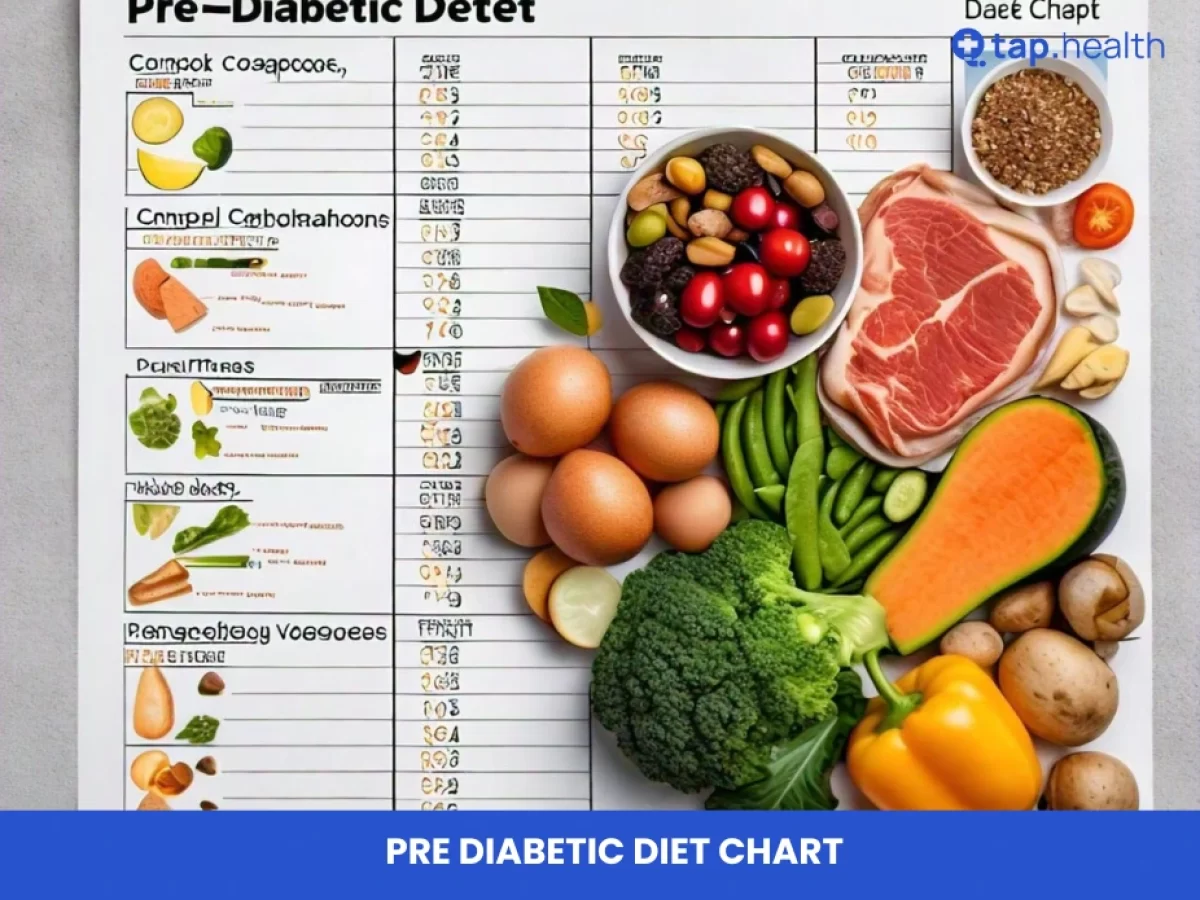Successfully managing diabetes involves identifying the right diet plan that effectively controls blood sugar levels, aids in weight management, and mitigates the risk of complications. A structured approach to diet can be pivotal in achieving these outcomes. Discover the top diet plans beneficial for people with diabetes.
Table of Contents
ToggleExploring the Best Diet Plans for Diabetes
The Mediterranean Diet for Diabetes Management
The Mediterranean Diet is highly respected for its emphasis on whole grains, fruits, vegetables, lean proteins, and healthy fats like olive oil and avocados. This diet is advantageous for improving heart health, controlling blood sugar levels, and assisting in weight management.
Embracing a Low-Carb Diet
Low-carb diets focus on reducing carbohydrate intake while increasing the consumption of protein-rich foods and healthy fats, along with non-starchy vegetables. This approach can lead to rapid weight loss and improved blood sugar control. However, consultation with a healthcare provider is recommended to tailor the diet to individual nutritional needs.
DASH Diet: Balancing Blood Pressure and Sugar Levels

The DASH (Dietary Approaches to Stop Hypertension) Diet includes a balanced intake of whole grains, lean meats, fish, fruits, vegetables, and low-fat dairy products, while limiting sugars, saturated fats, and sodium. It helps manage blood pressure, reduce insulin resistance, and thereby, control glucose levels.
The Versatility of the Portfolio Diet
The Portfolio Diet involves a blend of plant-based proteins, soluble fiber, and healthy fats, affording it renowned heart health benefits. It can also support blood sugar level management and cholesterol reduction.
Simplifying Meal Planning with the Diabetes Plate Method
The Diabetes Plate Method is an easy-to-use technique for designing balanced meals. Recommended composition includes half the plate with non-starchy vegetables, a quarter with lean proteins, and the remaining quarter with carbohydrate foods. Accompany it with water or a zero-calorie beverage for optimal results.
General Dietary Recommendations for Diabetics
Choosing Healthy Carbohydrates

Whole, unrefined carbohydrates such as vegetables, whole fruits, whole grains, nuts, beans, lentils, and peas are recommended. These components aid in controlling blood sugar and improving digestion and cholesterol levels.
Integrating Lean Proteins
Inclusion of lean proteins like skinless chicken, seafood, eggs, and plant-based options such as tofu and beans promotes satiety and supports muscle health. They are essential components of a diabetes-friendly diet.
The Power of Fiber-Rich Foods
Fiber-rich foods contribute significantly to maintaining stable blood sugar levels and enhancing digestive health. These foods include a variety of whole grains and vegetables.
Incorporating Healthy Fats
Focusing on “good” fats from sources like avocados, olive oil, and nuts is key to promoting heart health and aiding in blood sugar management.

Meal Planning and Portion Control Tips
Importance of Regular Meal Times
Adhering to regular meal times enhances insulin efficiency and contributes to maintaining balanced blood sugar levels throughout the day.
Mastering Portion Control
Effective portion control can be managed through strategies like the Diabetes Plate Method. It’s advisable to use food labels for guidance and consider working with a dietitian to customize portions to personal needs.
Snacking Tips for Diabetes Management
Healthy Snack Choices

Opt for snacks that combine protein, healthy fats, and fiber, such as fruit paired with cheese or nuts, hummus with carrots, or nut butter with apple slices. These balanced options support a diabetes-friendly diet.
Distinguishing Hunger from Thirst
Understanding the difference between hunger and thirst can prevent unnecessary calorie intake. Staying hydrated with water or zero-calorie beverages is important.
Additional Benefits of a Healthy Diabetes Diet
A well-structured diabetes-friendly diet not only aids in blood sugar management but also enhances cardiovascular and bone health, providing comprehensive health benefits.
Collaborating with Healthcare Providers for Optimal Results
The Role of Customized Meal Plans

Working with healthcare providers to develop personalized meal plans can significantly contribute to aligning your diet with individual health goals and preferences.
Monitoring and Diet Adjustments
Regular monitoring of blood sugar levels is crucial for making necessary adjustments to diet plans to optimize diabetes management.
I hope this comprehensive guide to managing diabetes with the right diet plan helps you make informed dietary choices. For further reading, visit FROZENLEAVES NEWS to explore more insightful articles.
“`






